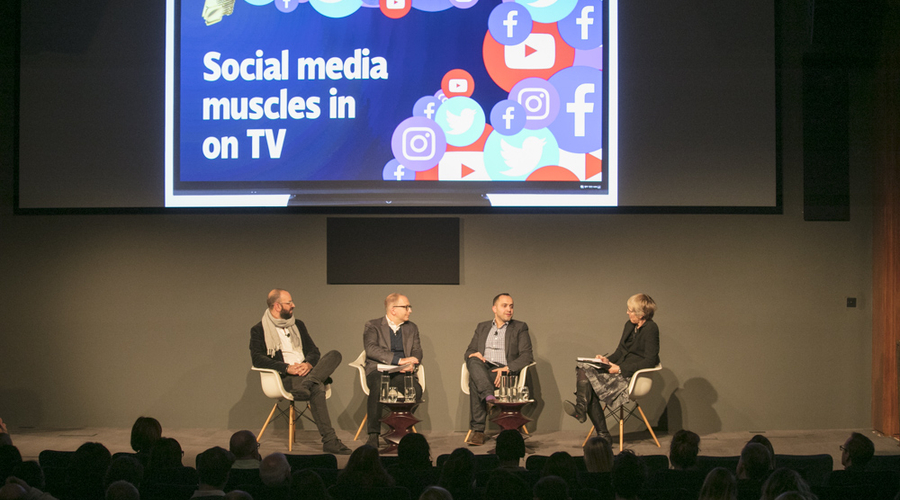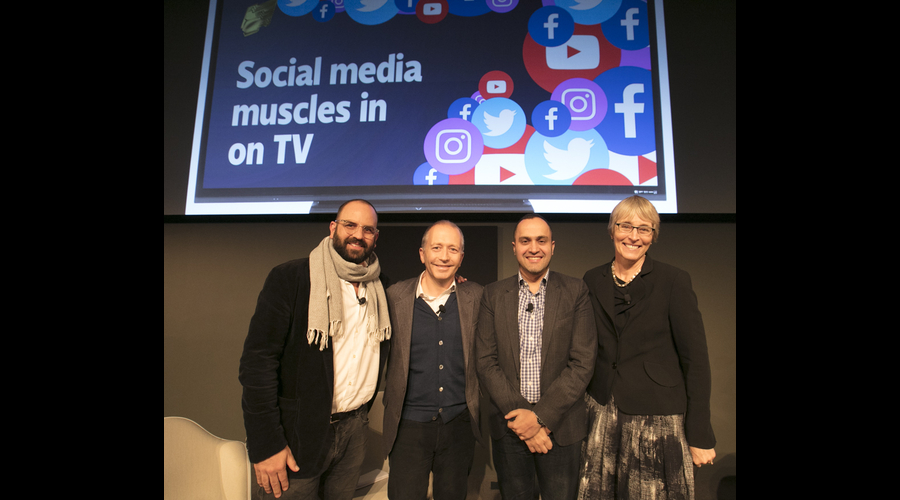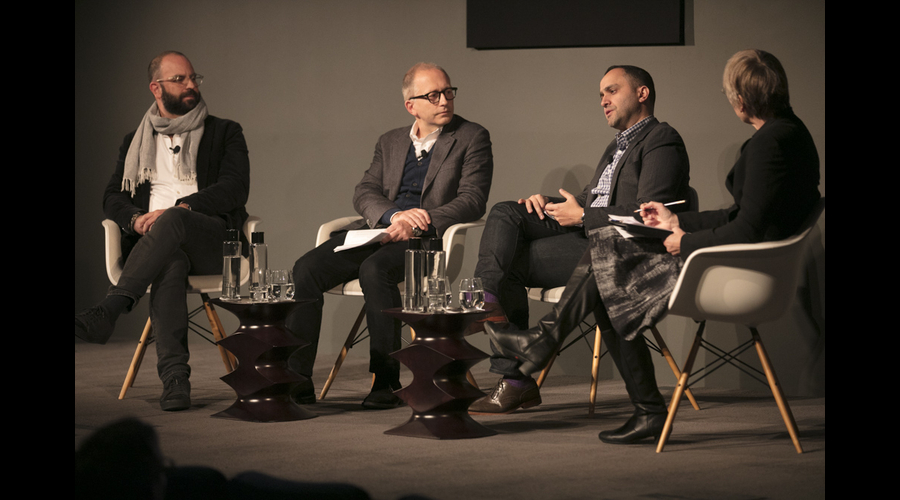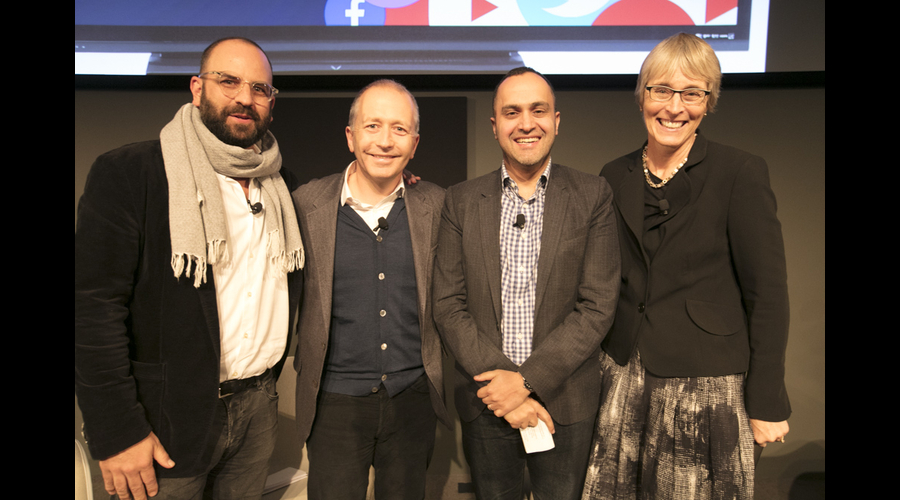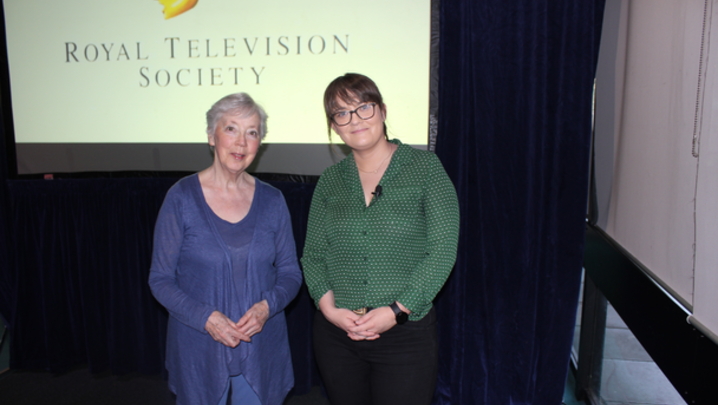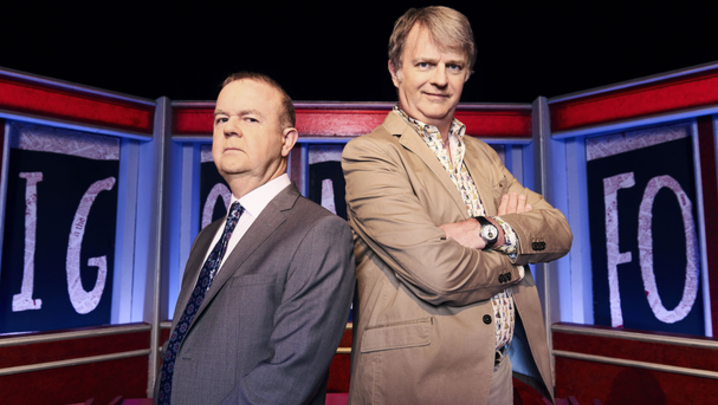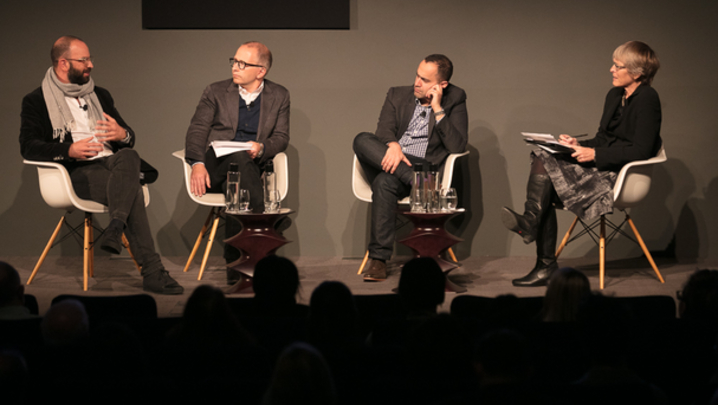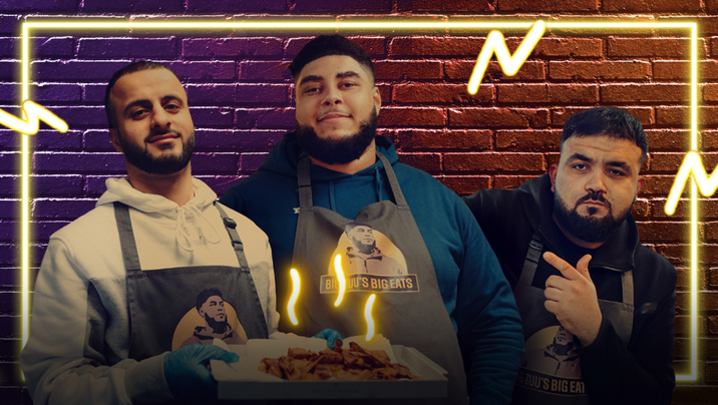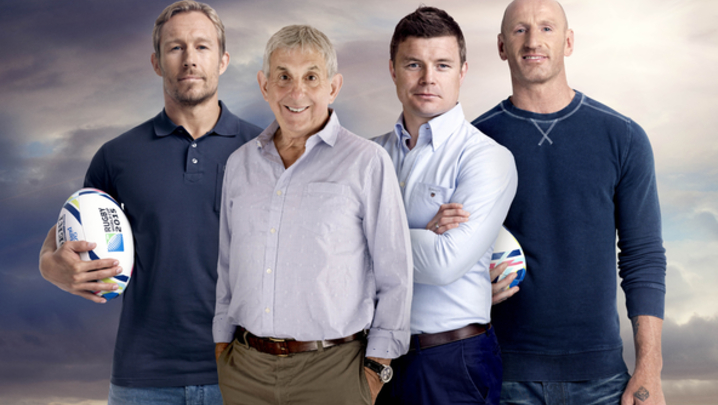News of television’s death is premature, discovered a relieved RTS audience, who heard that the tech giants – Facebook, YouTube and Twitter – were TV’s partners, not predators
“Television is amazingly resilient. It’s always been good at seizing the opportunities that new technology brings,” said YouTube’s Stephen Nuttall at the RTS early evening event in late-November, “Social media muscles in on TV”.
“Some of the greatest innovators on social media are the television companies,” added Twitter’s UK Managing Director, Dara Nasr.
Over the past year or so, online video has become hugely important to social media companies.
“We’re reflecting a massive sea change,” said Patrick Walker, Facebook’s Director of Media Partnerships, Europe, the Middle East and Africa (EMEA). “We estimate that 50% of all mobile traffic now is video – in five years it will be about 75%.
“We’ve seen a massive shift from text to text and photos – and photos are still very [important] on Facebook – to video to live video.”
In August 2015, the tech giant launched Facebook Live, which allows users to broadcast live video. Walker said that some 500 million people a day are currently putting videos on the platform, including broadcasters such as Sky and Channel 4, and online news and entertainment service BuzzFeed.
Old-fashioned telly habits, however, thrive. “People love watching great programming and they love watching it together. We can see that resonate on Twitter – that’s not going to go away,” said Nasr.
He argued that TV and Twitter, working in tandem, increase audiences for both media: “When there’s great programming it drives a peak of tweets, and when there are a lot of tweets about programming, it drives greater viewing on TV – there’s a real reciprocal relationship.”
Referring to the title of the RTS event, Nasr said that social media was “not ‘muscling in’; in our case, we like to partner or buddy up”.
“We are a bridge rather than an in island – we celebrate great media,” he added.
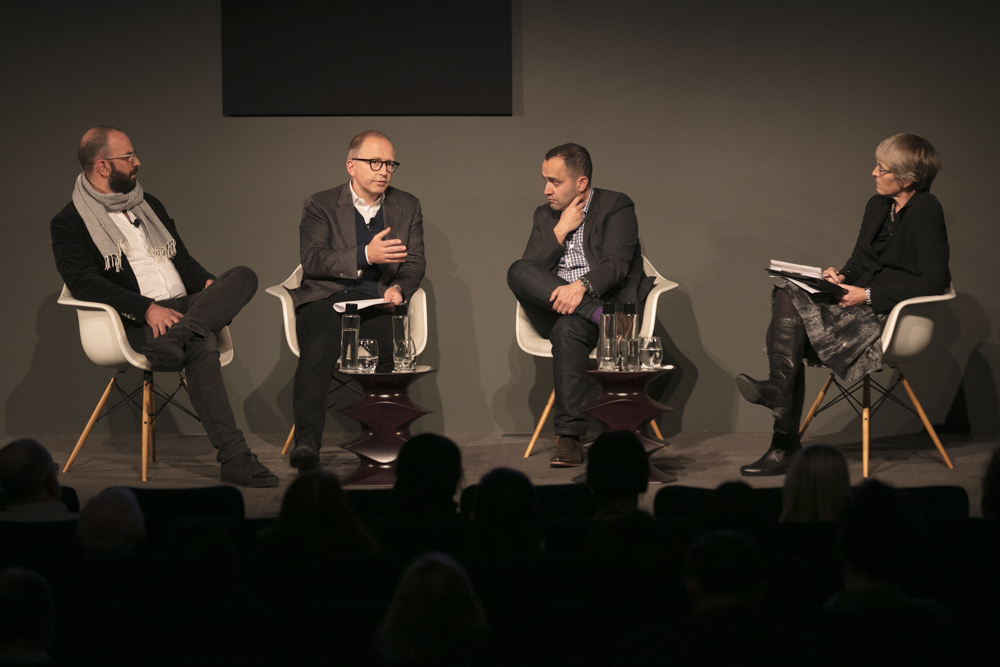
Twitter has recently moved into live events, outbidding Amazon and other tech companies to win the rights to broadcast Thursday night NFL American football.
“Live is big for us,” said Nasr. “We want to partner people.”
However, the Twitter exec ruled out any move into commissioning. “That’s not an area that we’ve ever gone into. We’re a platform,” he said. “We celebrate content producers and we’d love it if they’d use our platform.”
Nuttall, who is Senior Director, EMEA at YouTube, expanded on the importance of platforms for content producers.
“In the past, if you were a UK broadcaster or production company it was probably hard to have distribution beyond the UK,” he said. “Now thanks to platforms like YouTube and others, you can reach a global audience.”
“We’re not content creators; we’re not story-tellers ourselves. I think if [YouTube owner] Google started doing content it would probably be 1970s-style sci-fi – it wouldn’t be our strong point.”
YouTube, promised Nuttall, would concentrate on distribution, working with “content creators of all shapes and sizes” to reach an audience.
Unlike Twitter, however, it does commission content. “We are working with some established YouTube creators to allow them to create shows that they wouldn’t otherwise create,” said Nuttall. “We might be giving them some financial assistance to do that, but it may be assistance with scripts or production techniques.”
Currently, this original programming is only available in the US on the streaming subscription service YouTube Red. “It has rolled out outside of the US. It’s in various international markets now [these include Australia and Mexico] and I expect it to be in more international markets,” said Nuttall, who refused to be pinned down on a date for a UK launch.
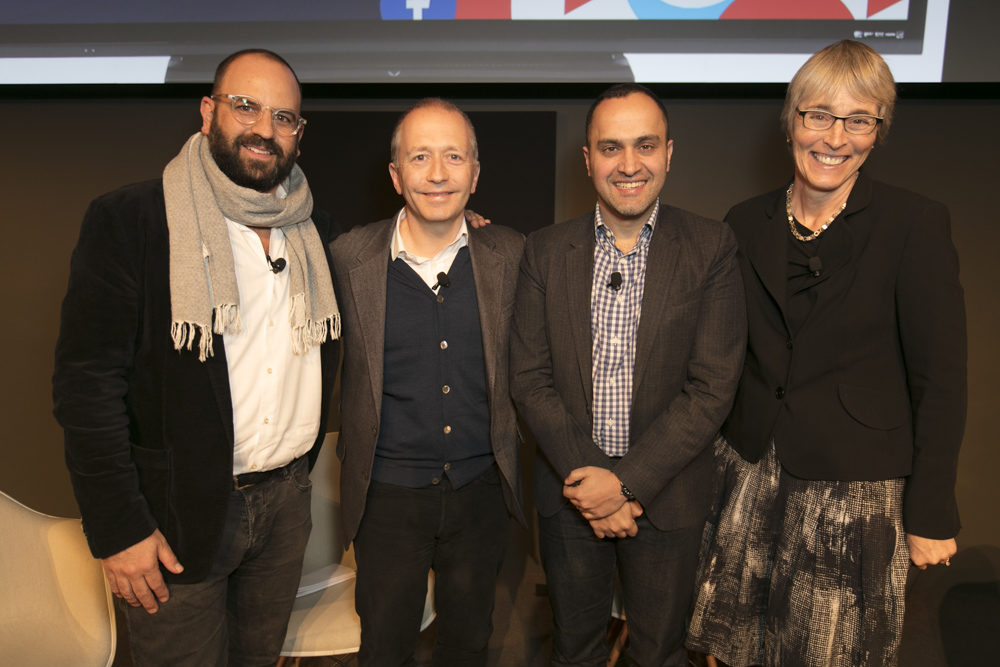
Facebook’s Walker addressed the charge that the company had aided the election of Donald Trump to the US presidency by allowing fake news stories to be shared.
“We are a platform – we see ourselves first and foremost as a technology company. The mission we have is to connect people and make the world more connected, which is about sharing information," he said.
More generally on the problem of online abuse, Walker argued that it wasn’t “easy to balance” a desire for “openness and connectivity” with keeping “the place safe”. He added: “One person’s freedom of expression can be another person’s hate speech.”
He said that Facebook had created more community guidance to outlaw hate speech and other abuse, but admitted mistakes had been made. These included the censoring of an award-winning photo from the Vietnam War showing children running from a napalm attack.
But social media, argued Nuttall, had brought many stories, such as the Arab spring, the coup in Turkey and the horror of Aleppo, to the attention of the world: “Online has enabled those stories to be told to a to a huge audience.”
Pressed again by Channel 4 communications chief Dan Brooke, who was in the audience, on the increasing threat to democracy of “fake news”, Walker said: “The internet allows for the instantaneous, global transmission of ideas, which we enable, and sometimes these ideas come from sources that might be a bit dubious.”
“We’re spending a lot of time trying to figure out how to improve [the situation],” he continued. These could include finding “much more obvious ways for people to flag content that is potentially false”.
“The thing that we can’t do is become the judge of what is true and what is not true – that’s an impossible task and shouldn’t be our responsibility.”
“Social media muscles in on TV” was held on 29 November at the IET in Savoy Place, central London. The early evening event was chaired by Kate Bulkley and produced by Stephen Gaynor.
All photos by Paul Hampartsoumian

